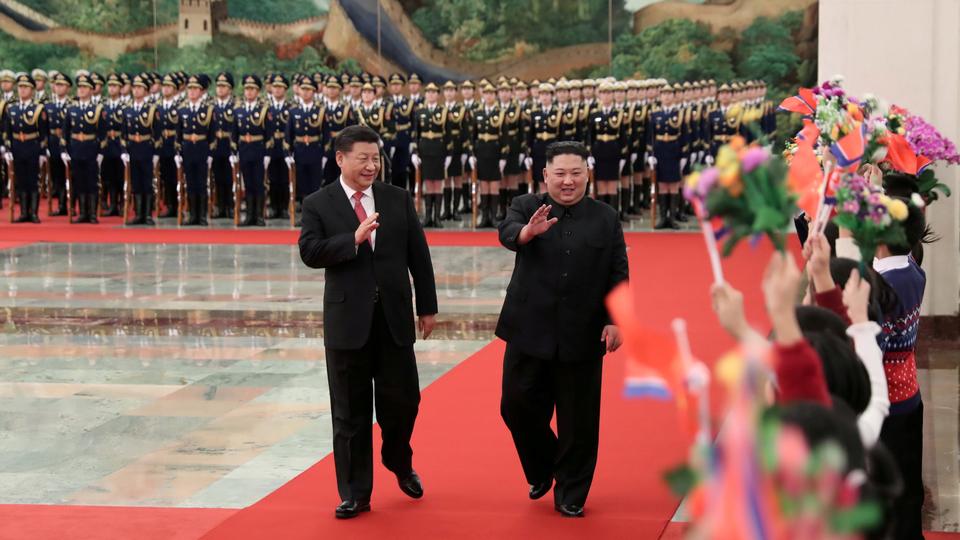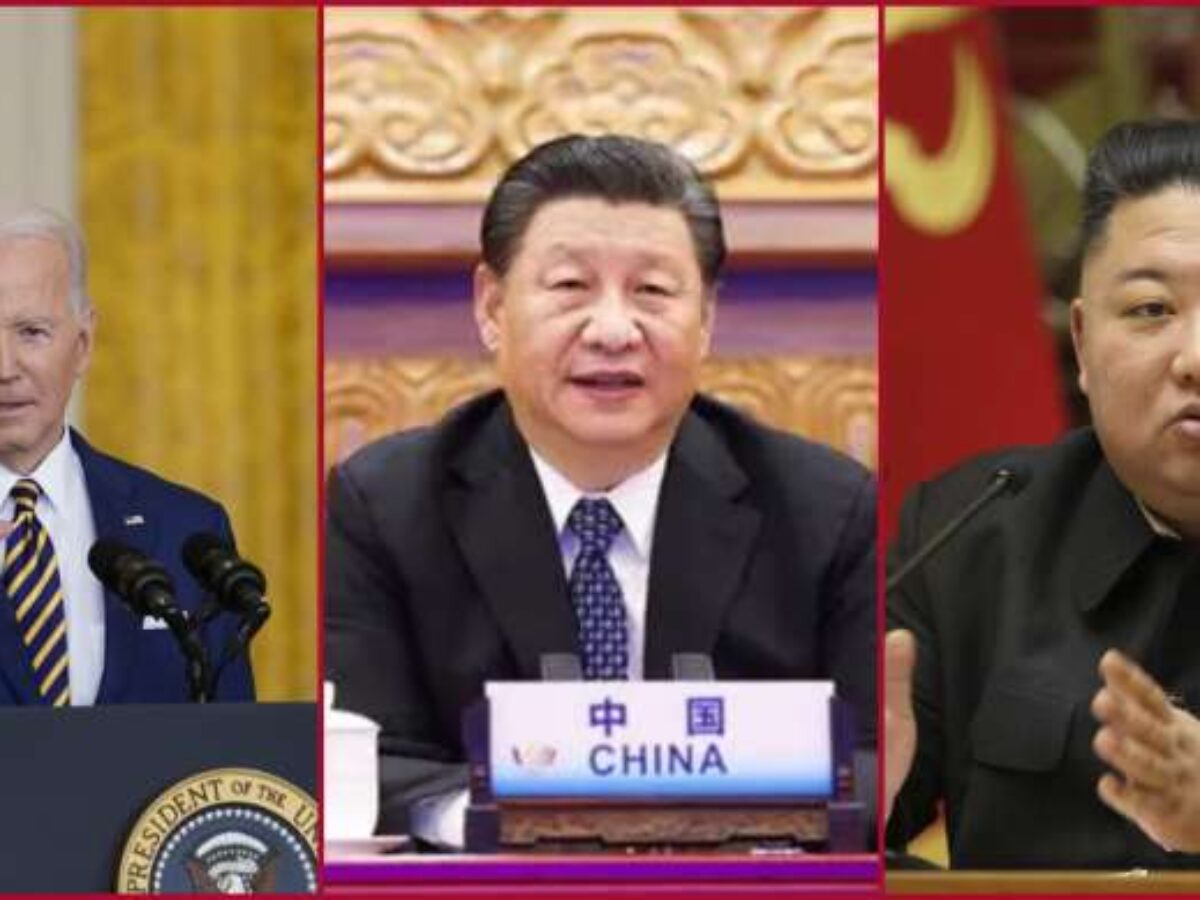On 1 December 2022, the United States and its Asian allies Japan and South Korea imposed fresh sanctions on North Korean officials involved in the country’s nuclear programs after Pyongyang’s most recent and greatest intercontinental ballistic missile test on 18 November 2022. The North Korean government conducted an intercontinental ballistic missile test on November 18 as part of a record-breaking string of over 60 missile launches this year, raising fears that Pyongyang may soon resume nuclear weapons testing, which has been halted since 2017.
The representative of Washington, Antony Blinken, believes that the recent missile tests by North Korea, including the launch of an intercontinental ballistic missile with the capability of striking the US mainland, “pose grave security risks to the region and entire world.” Consequently, the US Treasury Department sanctioned three individuals named Jon Il Ho, Yu Jin, and Kim Su Gil.
Earlier, the US efforts to impose tougher sanctions on North Korea were blocked by North Korea’s closest allies China, and Russia. Washington then needed to concentrate on trilateral diplomacy to restrain Pyongyang’s belligerence with South Korea, Japan, and European allies. Japan and South Korea both reacted in support of the US and put sanctions on North Korea. Sanctions against various North Korean officials and entities were announced by the foreign ministry of South Korea.

This latest development, according to South Korea’s foreign ministry, was a part of its measures to firmly counter North Korea’s increasing nuclear and missile threats. Similarly, Japan has frozen the assets of three North Korean entities—Korea Haegumgang Trading Corp., Korea Namgang Trading Corp., and Lazarus Group as well as one individual, Kim Su Il.
The highly sophisticated missile and nuclear weapon initiatives of North Korea have not been stopped by decades of US-led sanctions. Anthony Ruggiero, who oversaw North Korea sanctions efforts under former President Donald Trump, said, “Targeting senior officials inside North Korea responsible for WMD and missile activities and working with South Korea and Japan are important, but it is an inadequate and symbolic response to 60+ missile tests, including 8 ICBM tests.
The White House National Security Council spokesperson, however, claimed that sanctions had been effective in “slowing down the development” of the weapons programmes. He further added, “The DPRK’s decision to continue ignoring our outreach is not in their best interest, or the interest of the people of the DPRK.”

Research Associate



